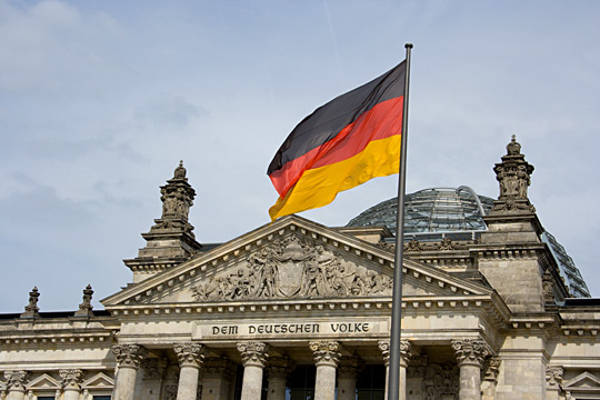Renewables overtook coal as Germany’s main source of energy for the first time last year, accounting for just over 40 percent of electricity production, research showed on Thursday.
The shift marks progress as Europe’s biggest economy aims for renewables to provide 65 percent of its energy by 2030 in a costly transition as it abandons nuclear power by 2022 and is devising plans for an orderly long-term exit from coal.
The research from the Fraunhofer organization of applied science showed that the output of solar, wind, biomass and hydroelectric generation units rose 4.3 percent last year to produce 219 terawatt hours (TWh) of electricity. That was out of total national power production of 542 TWh derived from both green and fossil fuels, of which coal-burning accounted for 38 percent.










Comments